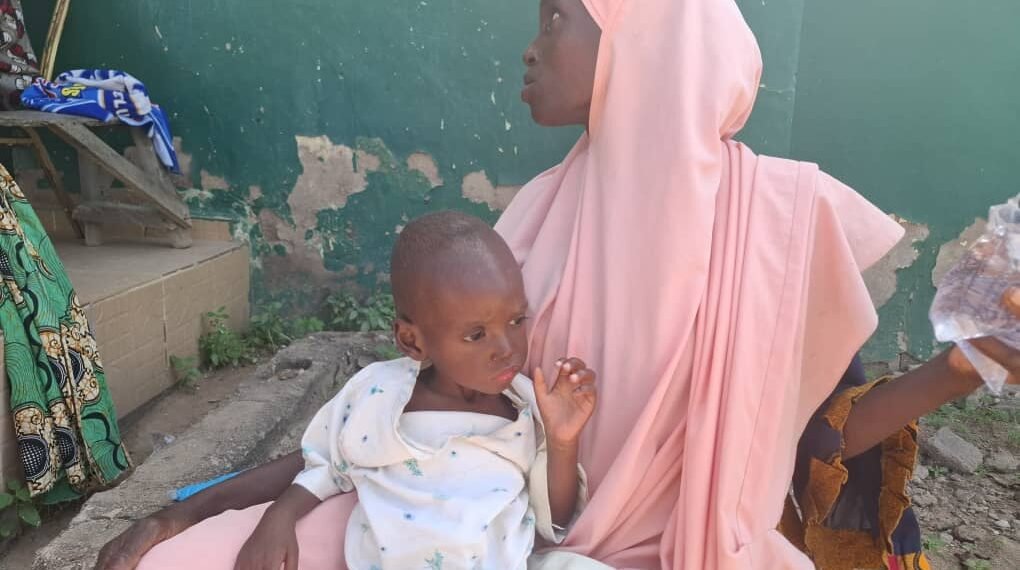A malnutrition crisis is ravaging children in parts of Taraba State, particularly in Sunkani and Iware communities of Ardo-Kola Local Government Area, leaving many with stunted growth, weakened immune systems, and life-threatening complications. Health experts and community workers are urgently calling for coordinated interventions and increased funding to address the escalating issue.
Talatu Haruna, the nutrition focal person overseeing health facilities in Sunkani and Iware, revealed alarming statistics, stating that 235 cases of malnourished children were recorded in Iware last year, leading to five deaths. In Sunkani, 125 cases were reported, with four fatalities. Haruna warned that the situation has worsened this year, with child deaths potentially nearing 500 as families often delay or avoid seeking medical help. “Some children could be saved with timely intervention, but instead, they are being buried. The tragedy is avoidable,” she lamented.

Cultural barriers have compounded the crisis, with some husbands preventing their wives from accessing healthcare for their children. Haruna urged authorities to urgently intervene to save lives.
Wabuji Ishaku Adda Ali, Executive Director of the Amatakhitswen Vulnerable and Less Privileged Foundation, highlighted the efforts her team is making to transport severely malnourished children to the Federal Medical Centre in Jalingo for treatment. However, she stressed that without government support and increased funding, their efforts alone are insufficient.
Adding a personal touch to the grim reality, Fizat Ibrahim, a grieving mother who lost three of her five children to malnutrition, pleaded with the government and well-meaning individuals to act swiftly. “The crisis is preventable if our husbands and communities get involved in this fight,” she said.
Read Also: Zulum unveils ambitious ₦584.76 Billion ‘Recovery and Continuity’ 2025 budget
Grace Stephen, Head of Nutrition and Dietetics at Taraba State Specialist Hospital, painted a dire picture of the region. She noted that Taraba ranks third in the northeast for malnutrition, with 45.5% of children stunted. She attributed the crisis to inadequate dietary intake, poverty, poor feeding practices, and food insecurity, all of which have resulted in increased child mortality and developmental delays.
UNICEF’s Bauchi Field Office nutrition officer, Philomena Irene, appealed to the Taraba State government to allocate counterpart funding to the Child Nutrition Fund (CNF). Launched in 2022, the fund provides therapeutic food, micronutrient supplements, and essential interventions for children and pregnant women. “Investing in the CNF is not just necessary but a smart choice to unlock children’s potential,” Irene noted, emphasizing its capacity to reach millions by 2030.
In response to the crisis, Governor Agbu Kefas launched a campaign to tackle malnutrition and activated a nutrition committee led by Commissioner of Health, Dr. Bodiya Buma. The governor pledged to address the root causes of malnutrition, including poverty and food insecurity, while partnering with organizations to implement sustainable solutions. Dr. Buma reiterated the government’s commitment to ensuring that no child is left behind.
Experts believe that resolving this crisis requires a collective effort involving government action, community participation, and increased funding from development partners. They stressed that allocating resources to provide therapeutic food and promoting better feeding practices are urgent steps needed to transform the lives of affected children.






